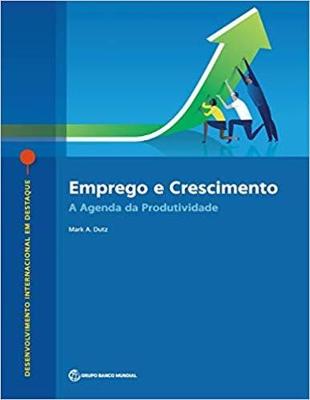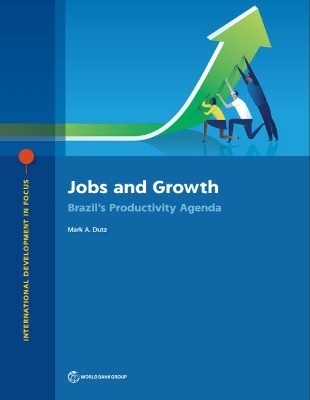International Development in Focus
2 total works
Brazil approaches its 2018 election with an economy that is gradually recovering from the deepest recession in its recent economic history. However, for many Brazilians, the recovery has not yet translated into new and better jobs, or rising incomes. This book explores the drivers of future employment and income growth. Its key finding: Brazil needs to dramatically improve its performance across all industries in terms of productivity if the country is to provide better jobs for its citizens and generate lasting gains in incomes growth for all. This is particularly important as Brazil is aging rapidly and the boost the country has enjoyed thanks to its young and growing labor force in the past decades will disappear in just a few years time. The book recommends a change in the relationship between the state and business, from rewarding privileged incumbents to fostering competition and innovation together with supporting workers and firms to adjust to the demands of the market.
The book is addressed to all scholars and students of Brazil s economy, especially those interested in why the country s economic performance has not kept up with earlier achievements since the reintroduction of democracy in the mid-1980s. Its conclusions are urgent and pertinent but also optimistic. With the right policy mix, Brazil could enter the third century of its independence in 2022 well on track to join the ranks of high income countries.
The book is addressed to all scholars and students of Brazil s economy, especially those interested in why the country s economic performance has not kept up with earlier achievements since the reintroduction of democracy in the mid-1980s. Its conclusions are urgent and pertinent but also optimistic. With the right policy mix, Brazil could enter the third century of its independence in 2022 well on track to join the ranks of high income countries.

